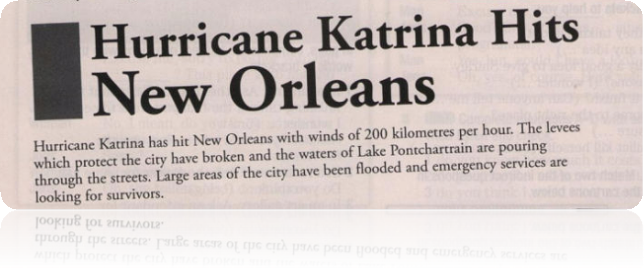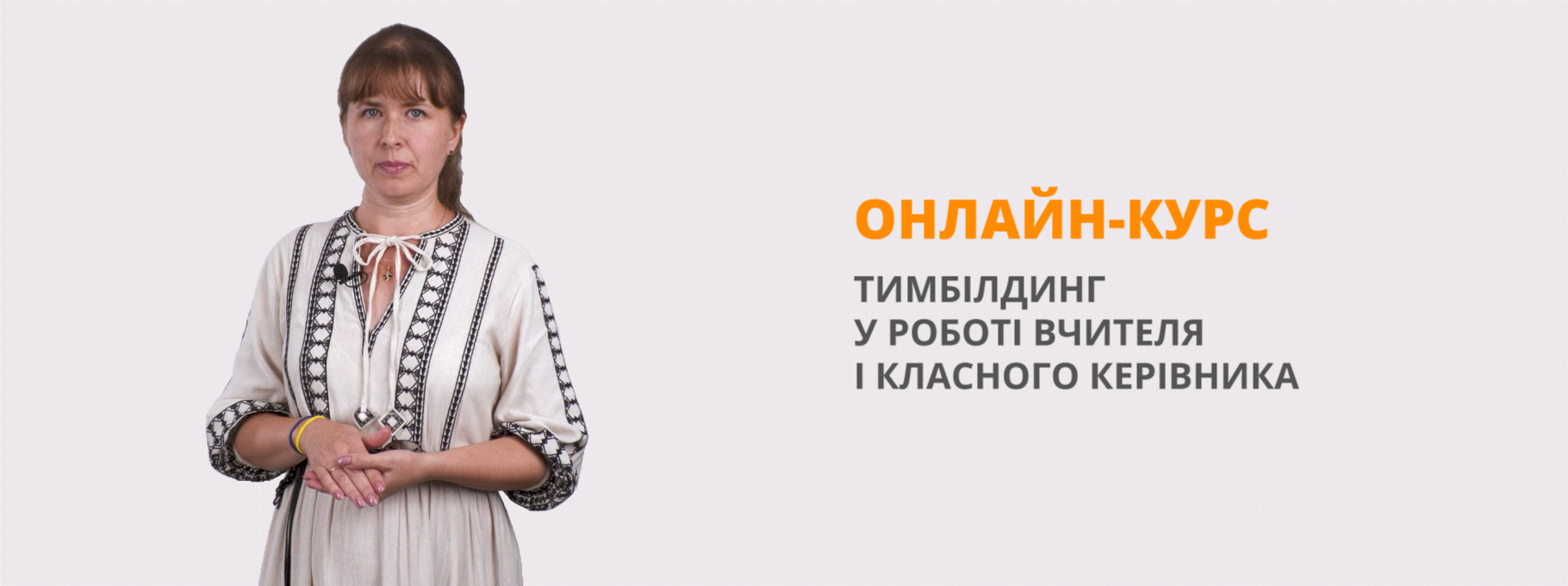Natural Disasters. Hurricanes
Natural Disasters. Hurricanes
Level B1- Intermediate
Teacher: Oksana Faryna, teacher- methodologist
The Objectives:
- to develop p-s’ speaking skills maintaining free discussion;
- to activate vocabulary;
- to develop p-s’ reading skills in scanning for specific information;
- to develop p-s’ logical thinking, creative abilities, imagination;
- to enrich knowledge about the ecological problems of mankind;
- to teach pupils to respect the environment.
Equipment: Success Intermediate Students’ Book, Vocabulary in practise 4 Intermediate
The procedure.
I. Warm up.
1. Label the pictures with the words from the box.
|
avalanche |
drought |
earthquake |
flood |
|
forest fire |
hurricane |
volcanic eruption |
|

2. Match a word in A with a definition in B.
A B
1. drought a) the situation when steam or lava escapes from a volcano
2. avalanche b) a great overflow of water onto a place that is usually dry
3. hurricane c) a large amount of snow, rocks or soil that falls down a mountain
4. landslide d) a sudden, violent shaking of the earth’s surface
5. volcanic eruption e) a storm with a very strong and fast wind
6. flood f) a long period of dry weather so that there isn’t enough water
7. earthquake g) a sudden large fall of rocks or soil down a hillside
Key : 1f 2c 3e 4g 5a 6b 7d
II. The main part.
Pre-reading
Answer the questions:
1. What natural disasters do you know?
2. What are hurricanes caused by?
3. What kind of damage can hurricane cause?
4. How can we help people who have suffered natural disasters?
5. There appear to be more natural disasters than before. Why could that be?
Reading
1. Read the article quickly and choose the most appropriate tittle.
a) Disaster in New Orleans
b) We will survive
c) The show must go on
2. Read the article again. Are the statements true (T) or false (F)?
- One week after Hurricane Katrina everyone had left New Orleans.
- The writer compares Katrina to a bomb.
- By February 2006 most of the inhabitants of New Orleans had returned home.
- Not everyone agreed it was a good idea to celebrate Mardi Gras so soon after Katrina.
- There were no references to the Hurricane in the parades.
- The author is impressed by the reaction of the people of New Orleans to the disaster.



![]()

New Orleans
Tuesday 28 February, 2006
I went to New Orleans only a week after Hurricane Katrina. Many streets were still under water and the city was a sad and lonely place. There was no music to be heard, only the sound of helicopters as rescuers searched for survivors. More than a thousand people had died. Tens of thousands had lost their homes. Perhaps four hundred thousand had fled.
‘The devastation was terrible: street after street of ruined houses and wrecked cars, dirty refrigerators under rotting trees. The city that many considered to be the most beautiful in North America looked as though it had been hit by a neutron bomb.
Six months later and it’s Mardi Gras in New Orleans. Mardi Gras is French for Fat Tuesday and it’s the culmination of twelve days of parties and parades. A celebration of life, food and fun. The city is full of people in masks and costumes, spectacular floats drive along the streets, jazz bands play outside grocery stores. Music has returned to New Orleans.
‘There are not as many people as usual bur that’s hardly surprising. Less than half the population has returned home since Katrina and much of the city is still a disaster zone. What might seem surprising is that there is anyone celebrating at all. Samuel Spears, a refugee in Houston, is angry, ‘I can't go home, but they can have a parade? That's ridiculous!’ However, Rob Clemenz, a lawyer ‘wearing a clown costume believes that the festivities will help the city to recover. ‘We have to laugh. We need joy. Katrina has not been forgotten in the parades. There are people with hats that look like storm-damaged roofs, and others with dirty lines on their trousers like the flood lines on the sides of their homes and a group dressed as blind men with walking sticks and dark glasses. On their ‘T-shirts are the words ‘levee inspector’.
But there is more to New Orleans than Mardi Gras. Songwriter Bob Dylan once said that New Orleans is a poem. It’s a city of culture, a city of art and music is at its heart. This is the birthplace of jazz and home to a wonderful mix of funk, R'n'B, country, reggae and hip hop.
‘The French Quarter is alive with music again. On one side of the street a rock group plays a concert, on the other a blues singer gives a performance to make you cry and on stage in the Maple Leaf venue a jazz guitarist has his audience in the palm of his hand. Artists sell drawings and portraits without frames on the streets. A sculptor has collected bits of broken buildings and used them to make fantastic sculptures in a park. A dozen art galleries in the Warehouse District recently held a four-day exhibition to show they are back in business.
And it won't stop with Mardi Gras. At the end of March there is the annual festival in honour of playwright ‘Tennessee Williams, who set his play A Streetcar Named Desire in the French Quarter. And at the end of April the Jazz and Heritage festival will take place as usual.
It’s all summed up by a slogan on a T-shirt. It reads, “Katrina didn’t wash away our spirit.’ And it’s true. The spirit of this amazing city, the joy of music and the strength of life have survived the hurricane.
Post-reading
1. Match a word in A with a definition in B.
A B
1. refugee a) a place where an organized meeting , concert takes place
2. levee b) damaged very badly
3. to flee c) someone who has been forced to leave their country,
especially during the war or for political or religious reasons
4. wrecked d) a special wall built to stop a river flooding
5. venue e) to run away or escape from something
1.___ 2.____ 3. ____ 4. ____ 5. ___
2. Complete the sentences.
a) A week after Hurricane Katrina New Orleans was ___________________________________________________________________
b) As a result of Hurricane Katrina thousands ____________________________________________________________________
c) Once the city used to be ____________________________________________________________________
d) Mardi Gras is the culmination of ____________________________________________________________________
e) During Mardi Gras in the streets of New Orlean we can see ____________________________________________________________________
f) New Orlean is the birthplace of ____________________________________________________________________
g) At the end of March the annual festival takes place in honour of ____________________________________________________________________
h) The Jazz and Heritage festival takes place at ____________________________________________________________________
III. Discussion
Do you think it was right to celebrate Mardi Gras so soon after Hurricane Katrina?
IV. Homework
Collect the information about the natural disaster which happened in the world recently. Include the following information:
- What kind of disaster happened
- When and where it happened
- Describe its effect on people and on the environment
- What rescue measures were taken.
V. Summing up.
Our lesson is over. I’d like to thank everyone for good work in the lesson, for your active participation in our discussion. As for the marks, they are………….


про публікацію авторської розробки
Додати розробку
